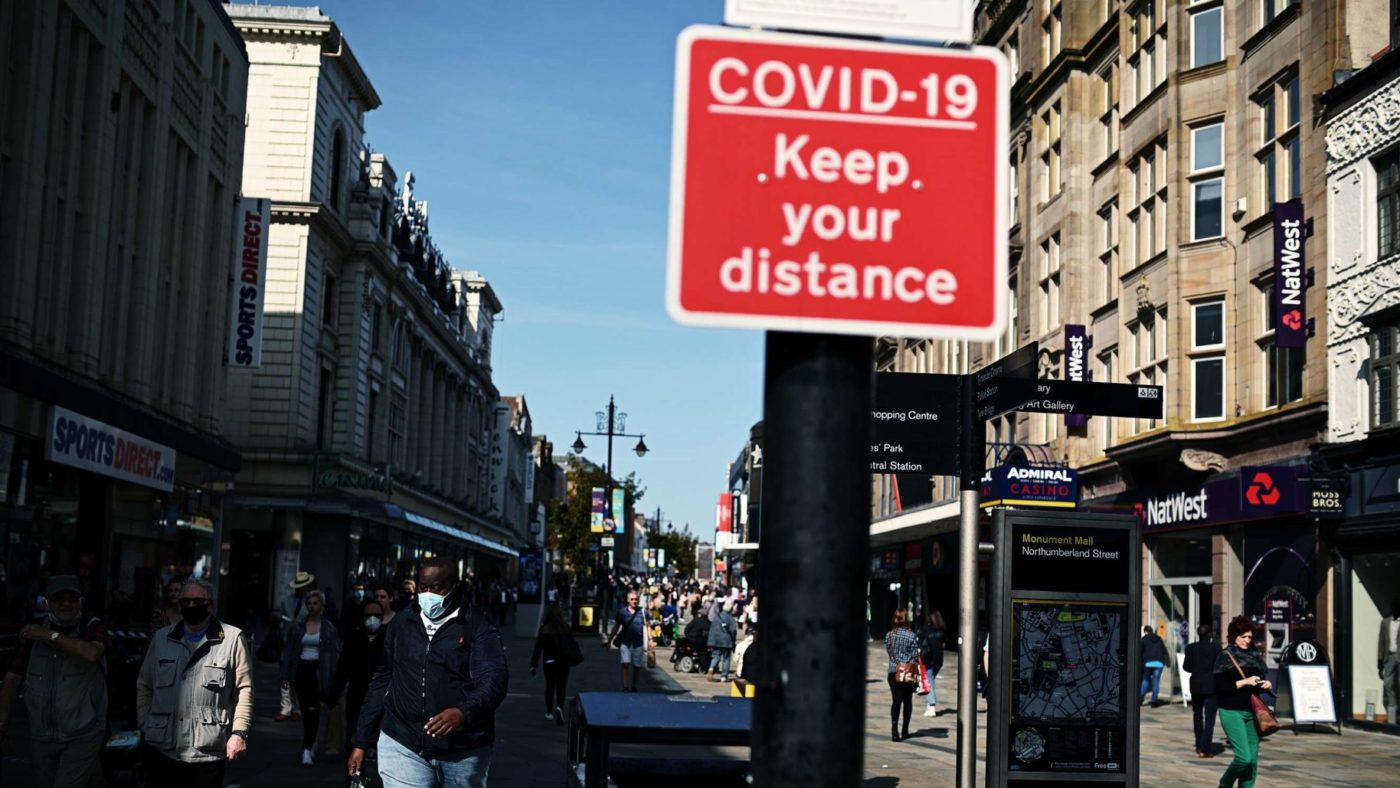There is strong evidence that certain groups of the UK population are disproportionately impacted by Covid-19, in terms of risk of infection, severity of symptoms, and death rates. While the strongest factor is age, the most politicised is certainly race.
Tribal identity politics have driven several unhelpful political interventions. Sadiq Khan simplistically framed the impact of Covid on minorities issue as an “injustice”, while former shadow Home Secretary Diane Abbott called it “a form of violence”. Equally galling was the suggestion from Tory backbencher Craig Whittaker that high infection rates in his region of West Yorkshire were primarily down to Muslims flouting social distancing rules and ignoring public health advice.
These kind of crude racial generalisations do nothing to aid our understanding of the virus. Firstly, only comparing white and ‘BAME’ obscures significant complexities: a report from the Institute for Fiscal Studies suggests that certain ethnic minorities, such as British Chinese people, have fewer Covid-19 deaths per capita than white British people. And, after accounting for age and geography, they conclude that non-British white minority groups have higher-than-expected excess deaths compared to white British people.
Secondly, there are myriad factors which feed into Covid-19 disparities that must be considered before claiming “injustice”. Geographically, some ethnic minorities are far more likely to live in more densely-populated urban areas when compared with white British people. Indeed, six out of ten of Britain’s African and Caribbean community live in London. The corresponding figure for white British people is only 8%.
What’s more, while only 2% of white British people live in overcrowded households, the corresponding figure for the country’s Black Caribbean and Black African communities are 7% and 16% respectively. Given the risk the virus presents to older people, it is worth noting that while roughly 30% of white households with someone over the age of 70 have younger people living with them, the corresponding figure for black households is 50%.
When it comes to employment, certain ethnic-minority populations are more likely to be in jobs with higher risk of exposure to the virus. A third of working-age black African Britons are ‘key workers’ – a proportion 50% higher than their white British counterparts – and Black Britons are disproportionately likely to be front-line (patient-facing) healthcare workers. There are also important ethnic differences when it comes to pre-existing health conditions such as diabetes, which black British people are around three times more likely to develop than white people.
Just as important as all these factors is the crucial question of whether public health advice is being effectively communicated to, and absorbed by, certain British ethnic minorities. A recently published pre-print of a 32,000-respondent survey found that, after adjusting for a range of socio-demographic characteristics, Britain’s black and non-British white minorities were significantly less likely than white Britons to correctly identify core Covid-19 symptoms.
That may in turn reduce the number of people in these communities adhering to self-isolation guidelines. Based on these findings, the report recommends that “targeted communications for these groups may help improve adherence and increase knowledge of common symptoms of Covid-19”.
There is certainly a discussion to be had over the UK’s preparation for this crisis, the degree of justifiable state intervention in response, and whether there should have been targeted messaging for certain ethnicities. But anyone with a reasonable understanding of urban Britain and a decent knowledge of how the disease spreads would have known which ethnic groups were more exposed and vulnerable, and less likely to understand the basics of the disease.
The important question now is – how should the Government address the situation?
Public health authorities must give clear advice regarding containment measures against in-house transmission. While this is admittedly difficult, it is particularly important for the crowded, multi-generational households more typical of ethnic minorities, where mixing of active young and vulnerable old people is common. In such households, along with the core government advice on washing hands, not touching one’s face, and covering coughs and sneezes, other suggestions should include regular disinfecting of shared bathrooms, separate storage of toothbrushes, cleaning objects which are frequently touched (such as door knobs, kettles, and remote controls), and additional care being taken when distributing food at family meals. Crucially, there must be effective communication of the main symptoms of Covid-19 and the risks of onward transmission.
This will be more difficult for less well integrated ethnic groups, and those for whom there are strong language barriers, such as people of Somali, Ethiopian, and Eritrean origin, and perhaps some of the non-British white minorities represented in the survey. Grassroots social groups can be employed as an effective and trusted ‘bridging resource’ between public institutions and local communities. This is particularly important, given that public trust in the Government’s management of the pandemic has declined over time – and trust in political institutions is traditionally low within British Black Caribbean communities.
Robust and honest enquiry must be conducted to investigate whether all groups adhere to social distancing measures when infected with Covid-19, whether due to lack of trust, or ignorance of its main symptoms. The economic and other health-related impacts of the recently tightened government measures will be difficult to justify if large sections of the British urban population cannot – or will not – comply.
We cannot allow concerns about sensitivity and political correctness to undermine this vital work – not least as it is vulnerable ethnic minorities themselves whose lives are most at risk. Our politicians would also do well to steer clear of simplistic sloganeering that may play well to their base, but does nothing to fight the virus.
Click here to subscribe to our daily briefing – the best pieces from CapX and across the web.
CapX depends on the generosity of its readers. If you value what we do, please consider making a donation.


